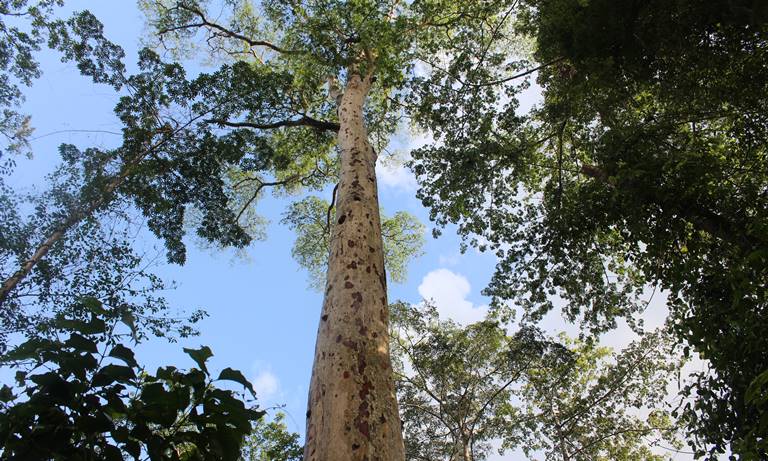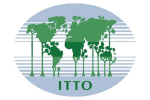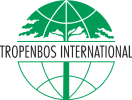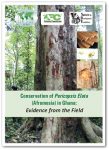Improving sustainable Pericopsis elata conservation and trade regulation in Ghana
Background
Pericopsis elata (Kokrodua) produces one of the most highly valued timbers of tropical Africa. However the species is threatened with local extinction because of commercial overexploitation. For this reason, the species has been listed under Convention for International Trade in Endangered species of fauna and flora (CITES) appendix II. This means there cannot be commercial export trade on the species without a CITES certificate from the authorized agency. Accordingly, Ghana (the Forestry Commission) has ceased the issuance of permit for harvesting of the species.
Though the critical status of the species has been recognized in international and national lists of threatened species, protection of this timber species is still inadequate as some sort of trading in the species still exists. Unfortunately, there is little information on its trading, regeneration, growth dynamics, and stocks within its range in Ghana. To save this valuable African timber for the future, there seemed to be only one option; “sustainable exploitation”. This, can only be achieved if measures are put in place to ensure regular data collection and analysis on the habitat and trading of the species hence the project, ‘’Improving Sustainable Pericopsis elata Conservation and Trade Regulation in Ghana’’.
Funded by the International Tropical Timber Organisation (ITTO), the project undertook a habitat and market survey on the species.
Achievements
- The project has made available current data on the conservation and trade status of elata in Ghana. Specifically, through the project, the distribution, quantities and current market dynamics in the trade of Pericopsis elata in Ghana has been established.
- A campaign to save the species from extinction in Ghana was also rolled out in the course of project implementation.
- The capacities of field staff of the forestry commission; forest guards, range supervisors and stock survey team members- within the range of the species were built to enable them identify the species even when mislabelled or hidden under different trade names by companies and traders.

Result
The Government of Ghana has initiated enrichment planting of the species within its range following recommendations from the project.
Duration
21 months
Sponsor

International Tropical Timber Organization (ITTO)
Partners
Stakeholders of the project were industry associations (DOLTA, GTMO, GTA), private sector (GREDA), academia (FRNR of KNUST), forestry base NGOs/CSOs and the Forestry Commission (RMSC, TIDD, TVD FSD).

Tropenbos International
The Netherlands
